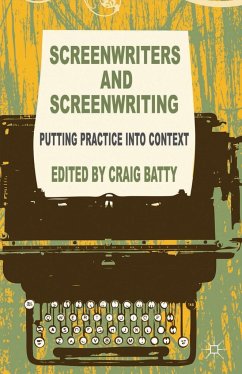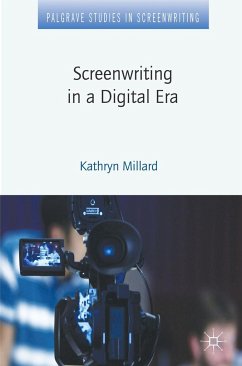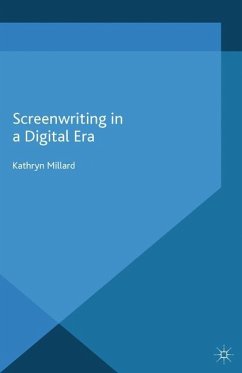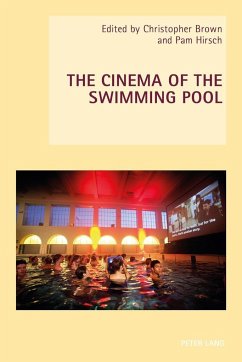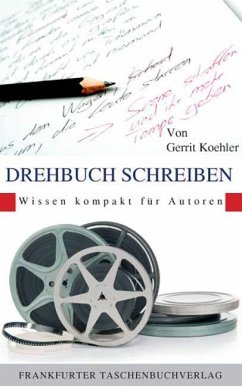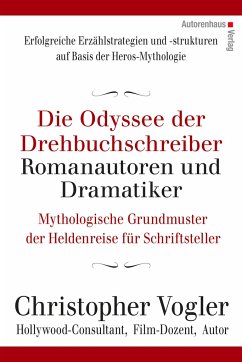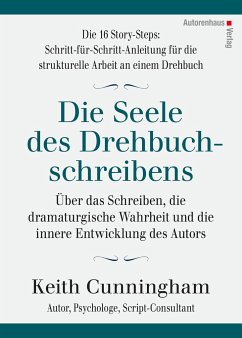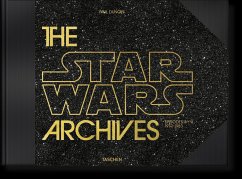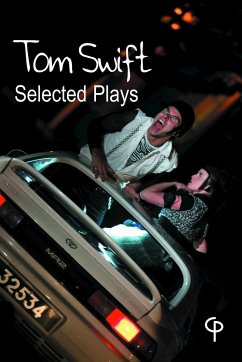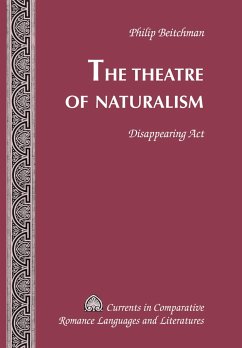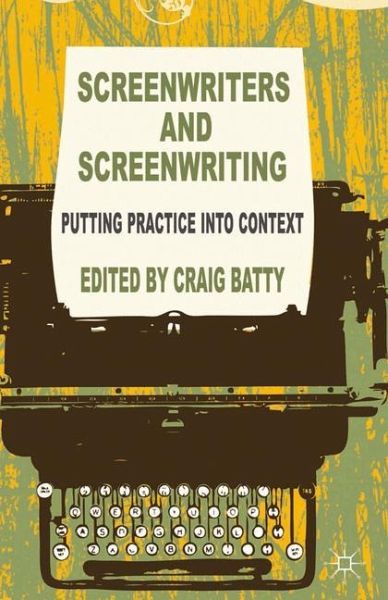
Screenwriters and Screenwriting
Putting Practice into Context
Herausgegeben: Batty, C.

PAYBACK Punkte
38 °P sammeln!
Screenwriters and Screenwriting is an innovative, fresh and lively book that is useful for both screenwriting practice and academic study. It is international in scope, with case studies and analyses from the US, the UK, Australia, Japan, Ireland and Denmark. The book presents a distinctive collection of chapters from creative academics and critical practitioners that serve one purpose: to put aspects of screenwriting practice into their relevant contexts. Focusing on how screenplays are written, developed and received, the contributors challenge assumptions of what 'screenwriting studies' mig...
Screenwriters and Screenwriting is an innovative, fresh and lively book that is useful for both screenwriting practice and academic study. It is international in scope, with case studies and analyses from the US, the UK, Australia, Japan, Ireland and Denmark. The book presents a distinctive collection of chapters from creative academics and critical practitioners that serve one purpose: to put aspects of screenwriting practice into their relevant contexts. Focusing on how screenplays are written, developed and received, the contributors challenge assumptions of what 'screenwriting studies' might be, and celebrates the role of the screenwriter in the creation of a screenplay. It is intended to be thought provoking and stimulating, with the ultimate aim of inspiring current and future screenwriting practitioners and scholars.





